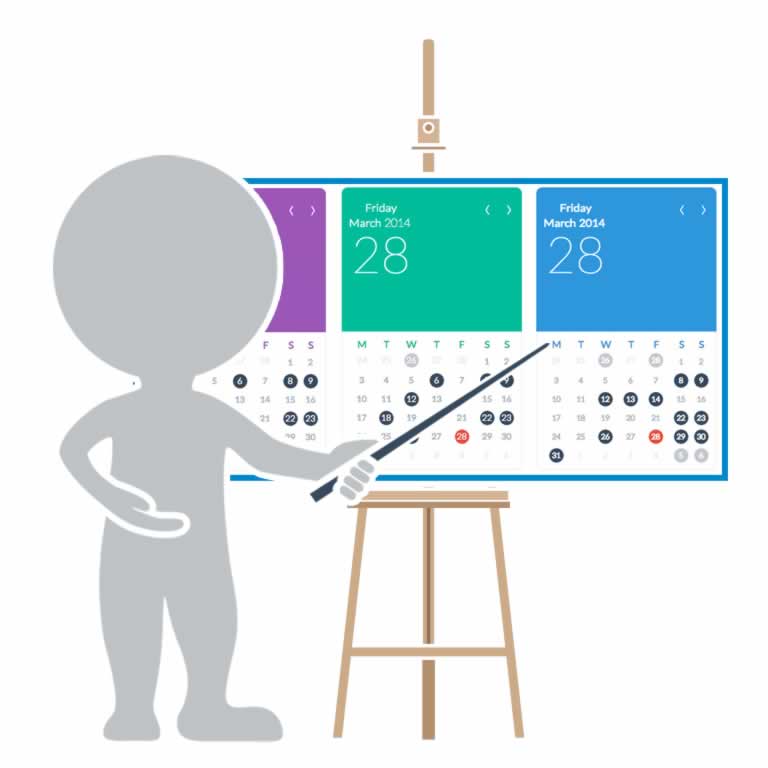What a treat to talk shop with Andrew Hitz from The Entrepreneurial Musician podcast. We managed to cover a great deal of ground thanks to the luxury of time Hitz dedicates to each production; working with professionals who care enough about production values and have genuine hosting skills to never gets old.
 One unique component of this interview is how it kicks off via a musician connection.
One unique component of this interview is how it kicks off via a musician connection.
Hitz is a professional tubist working in the Mid-Atlantic area and we start off the conversation talking about my days as a once-aspiring tuba player, including a story about the moment I realized a job was not in my future.
A good portion of the early interview covers that transitional period of time in my career along with examining the start-up process for my initial commercial businesses and starting a 501(c)3. In the show notes Hitz writes that “[I] answered a handful of questions in a way that wasn’t exactly what [he] was expecting and each time made [him] think deeper about the subject…” and that’s just about the highest praise I can imagine.
In order for the field to evolve, we have to get to a place where thinking past comfort zones moves from being an exception to the rule to standard practice. It’s rare to have opportunities like this to talk about that perspective and Hitz does a wonderful job at navigating those topics and keeping the conversation from wandering down too many divergent rabbit holes.
Thankful, Hitz’s show notes include a detailed overview of the topics we covered over the course of the 71-minute program:
- The specific moment he learned the first great lie of academia (i.e. when I realized a job as a professional tubist was not in my future).
- How he built his first arts-related business in his mid-20’s that ended up being so successful that he sold it and it is still in operation today.
- What drove him to form a 501(c)3 at such an early age.
- The factors that led him to become an orchestral consultant (including a lack of people in the field at the time).
- The importance of a musician having the skills necessary to be able to look at the fiscal health of an organization before auditioning or accepting a position.
- How he networked (and increased his consulting business exponentially) through content marketing years before that’s what it was called.
- How his Adaptistration blog not only solved problems for people but also created a community.
- How ArtsHacker was born through identifying a need in the arts world that Drew and his team could meet better than anyone else.
- The importance of creating a workspace environment you can thrive in and of investing in yourself.
- How having good communication skills helps you focus.
- The problem with reading too much advice-driven content.
I can’t express my appreciation to Hitz enough; you can visit the show’s overview page or listen directly via SoundCloud but I have to say that you’ll miss out on Hitz’s great show notes if you don’t swing by show page.


